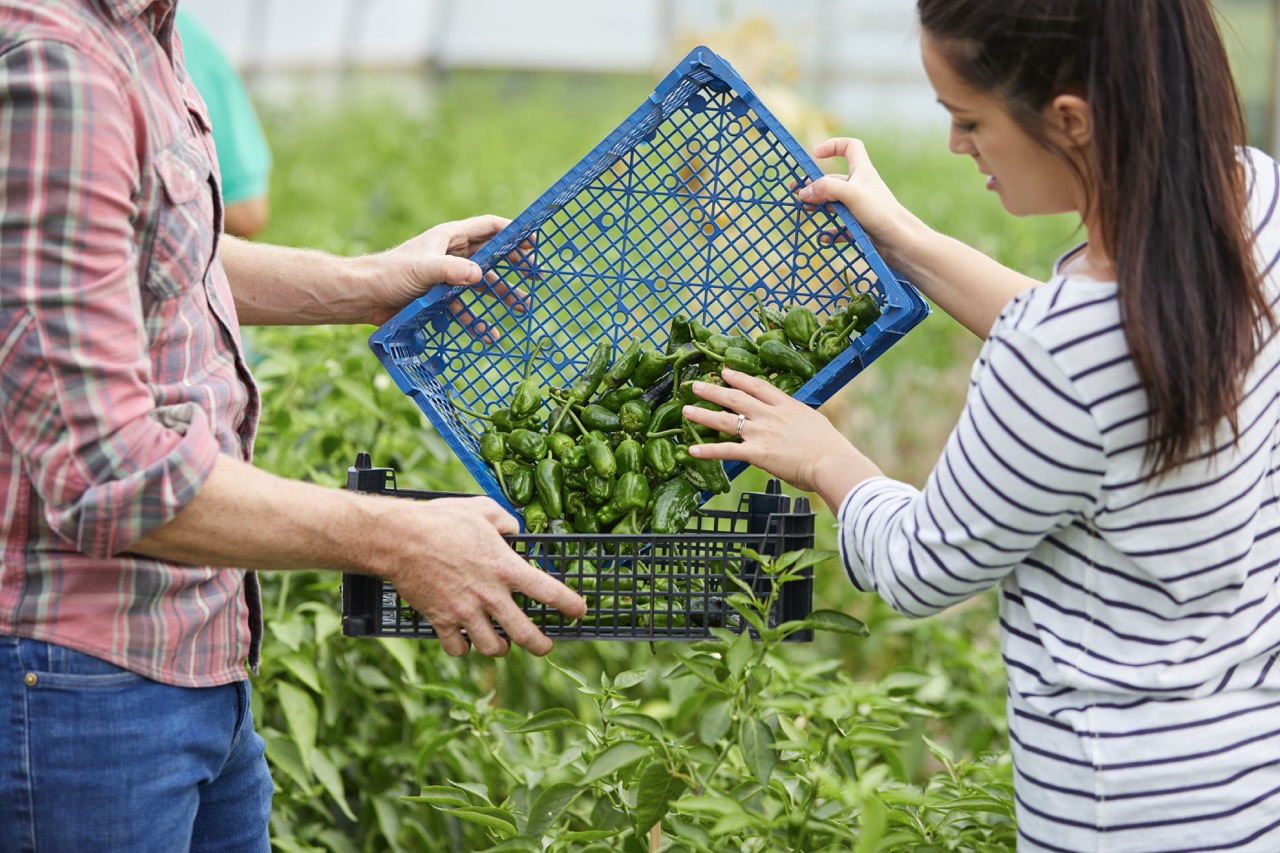The organic farming movement has gained significant momentum in recent years, fueled by increasing consumer awareness of health and environmental issues. Starting an organic farming business is not only a profitable venture but also a meaningful contribution to sustainable agriculture. This article will guide aspiring organic farmers through understanding the principles of organic farming, conducting market research, creating a sustainable farming plan, and implementing effective marketing strategies.
Understanding the Basics of Organic Farming Principles
Organic farming is rooted in a set of principles that prioritize environmental health, biodiversity, and sustainable practices. Unlike conventional farming, which often relies on synthetic fertilizers and pesticides, organic farming emphasizes the use of natural inputs and techniques. Key practices include crop rotation, composting, and biological pest control, all aimed at enhancing soil fertility and ecological balance. Understanding these principles is crucial for anyone looking to establish an organic farm, as they form the foundation of sustainable agricultural practices.
Certification is a vital aspect of organic farming. To market your produce as organic, you’ll need to comply with specific standards set by regulatory bodies such as the USDA in the United States or equivalent organizations in different countries. This usually involves undergoing a conversion period during which your land must be free of prohibited substances for a specified number of years. Familiarizing yourself with the certification process is essential not only for compliance but also for building consumer trust and credibility in your products.
Additionally, organic farming promotes a holistic approach to agriculture that encompasses economic viability, social equity, and environmental stewardship. By adopting these principles, farmers can foster a resilient ecosystem that benefits both the land and the community. Understanding these foundational concepts prepares you for the challenges and rewards of organic farming, setting the stage for a successful venture.
Conducting Market Research for Organic Produce Demand
Before launching your organic farming business, it’s imperative to conduct thorough market research to identify demand for organic produce in your area. Start by analyzing local demographics, consumer preferences, and buying behaviors. Look for trends indicating a growing interest in organic products, such as increased sales in farmers’ markets or organic sections of grocery stores. Engaging with your community through surveys or informal discussions can provide valuable insights into what types of organic products are in demand.
Another critical aspect of market research involves assessing your competition. Investigate existing organic farms and businesses in your region, noting their product offerings, pricing strategies, and distribution channels. This analysis can help you identify gaps in the market and opportunities for differentiation. For instance, you may find that while there are several vegetable producers, there is a lack of organic fruit or specialty herbs, presenting an avenue for your business to fill that niche.
Furthermore, staying informed about government regulations, certifications, and subsidies available for organic farming is essential. Various programs may offer financial assistance or resources to support your transition to organic methods. By conducting comprehensive market research, you will not only understand the landscape of organic agriculture but also position your business to meet consumer demand effectively.
Essential Steps to Create a Sustainable Farming Plan
Creating a sustainable farming plan begins with a clear vision of your farming goals. This plan should outline your objectives, target market, and the types of produce you intend to cultivate. Incorporate the principles of organic farming, focusing on how you will maintain soil health, enhance biodiversity, and minimize environmental impact. This step is crucial, as a well-structured plan acts as a roadmap guiding your decisions and actions throughout the farming process.
Next, consider the logistics of your farming operation, including land selection, equipment needs, and labor requirements. Choose land that has suitable soil type and climate conditions for the crops you want to grow. Additionally, investing in the right tools and technologies can improve efficiency and reduce labor costs. It is also important to develop a budget, taking into account startup costs, ongoing expenses, and potential revenue. This financial planning will ensure that your business remains viable and sustainable in the long run.
Lastly, include a contingency plan in your sustainable farming strategy. Organic farming can be unpredictable due to factors like weather variations or pest infestations. Being prepared with alternative strategies, such as diversifying your crop selection or having a backup market for your produce, can help mitigate risks. By taking these essential steps in creating a sustainable farming plan, you set a solid foundation for a successful organic farming business.
Strategies for Marketing and Growing Your Organic Brand
Once your organic farming business is operational, effective marketing is essential to reach potential customers and build your brand. Start by establishing a strong online presence, including a website and social media profiles. Use these platforms to share your story, highlight your organic practices, and showcase your products. Engaging content such as blog posts, videos, and customer testimonials can help attract and retain customers while fostering a sense of community around your brand.
In addition to digital marketing, consider local strategies such as participating in farmers’ markets, community-supported agriculture (CSA) programs, and local food co-ops. These venues allow you to connect directly with consumers, build relationships, and receive immediate feedback on your products. Offering samples and engaging with customers face-to-face can significantly enhance brand loyalty and encourage word-of-mouth referrals, which are invaluable for small businesses.
Finally, consider partnering with local restaurants and health-focused retailers that prioritize organic products. Establishing these partnerships can provide a steady market for your produce and enhance your brand’s visibility. Consider creating marketing materials highlighting the benefits of your organic produce, including nutritional information and environmental impact. By implementing these strategies, you can effectively grow your organic brand and cultivate a loyal customer base.
Starting a successful organic farming business requires a thorough understanding of organic principles, comprehensive market research, a solid farming plan, and effective marketing strategies. By focusing on sustainability and community engagement, organic farmers can not only foster a profitable business but also contribute to a healthier planet. With careful planning and dedication, your organic farming venture can thrive in today’s growing market for sustainable produce.








